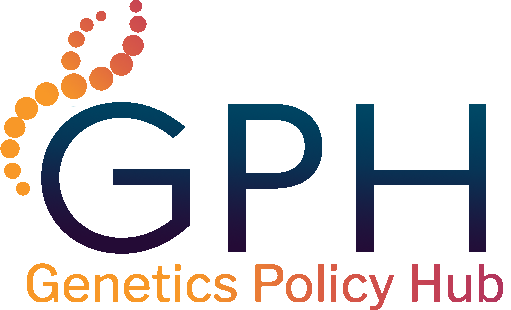From 2004 to 2024, the Health Resources and Services Administration (HRSA) funded the National Coordinating Center for the Regional Genetics Networks (NCC). NCC developed and maintained the Genetics Policy Hub.
With the conclusion of NCC funding, the Genetics Policy Hub (GPH) will no longer be updated or maintained. Information on GPH should be used for historical reference only.
Diversity
Updated On Sep 19, 2024
This information is meant to be used for educational purposes to inform providers, patients, and genetic service delivery stakeholders about genetics policy topics. Sharing of information, resources, or policy statements is no way an endorsement of stated positions by NCC.
Introduction
When discussing diversity in genetics, there are two areas which have been focused on: diversity of subjects and diversity of clinicians/researchers.
Genetic research performed on diverse populations allows for more complete data collection so that everyone benefits. Numerous articles discuss this in further depth including:
- “Diversity Matters”
- “Diversity and inclusion in genomic research: why the uneven progress?”
- “We Need More Diversity in Genomic Databases”
Historically, most research participants are of European ancestry. Conclusions drawn in these studies may, or may not, apply to people who are not of European ancestry. For example, studies done on the BRCA1 and BRCA2 genes were primary done in the United States. on Caucasian women. Thus, when patients from other populations such as African American women have genetic testing done, they have a much higher rate of getting inconclusive test results than Caucasian American women. Especially if treatments are based on a woman’s genetic status, this means that it is often harder to determine the best course of treatment for patients who are not women of European ancestry. Thus, there has been a recent focus on increasing diversity in research participants
Likewise, the medical community has focused on increasing diversity among clinicians (nurses, physician assistants, doctors, genetic counselors, etc.), researchers, and staff. To increase diversity in the genomics workforce, the National Human Genome Research Institute created the Diversity in Genomics Workforce Initiative; more information on the initiative can be found here. Additionally, NHGRI created the Training, Diversity, and Health Equity Office in October 2021 to improve the diversity of the genetics workforce.
Legislation and Regulation
At this time, there are no federal laws or regulations pertaining to increasing diversity in genetics, although there are numerous laws regarding genetic discrimination.
Are you interested in learning what your state’s government or the federal government are currently proposing for either legislation or regulation? Check out Legislative/Tracking system for up-to-date information and subscribe to our Twitter channel to get the latest updates in your pocket.
Policy Positions
Organizations working within the genetics community (national genetic organizations, advocacy organizations, etc.) have published positions on diversity. Explore these position statements below.

